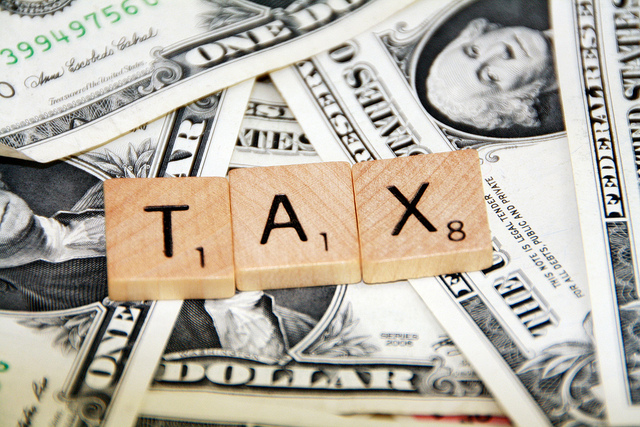By Daniel Menefee
For Maryland Reporter
Maryland retailers are again pushing for the state to collect sales taxes from online merchants not based in Maryland, helping them and potentially raising hundreds of millions for the state.
Brick and mortar stores are struggling to compete with online sellers in other states; retail business interests testified in Annapolis on Wednesday in support of the Main Street Fairness Act of 2017.
“When there exists a significant savings from online purchasing, the attraction of the cost savings often outweigh the shopping experience,” Barbara Nicklas, senior general manager for the Mall in Columbia told the House Ways and Means Committee.
She said collecting the online sales tax would close the “cost disparity” between online sellers and brick and mortar stores.
Steve Sachs, vice president of real estate with Willis Towers Watson-North America, said Maryland retailers should not be forced to compete at a “tax disadvantage” with online sellers. “You’re supposed to be paying state tax on sales.”
He said the absence of legislation to fix the problem has created a penalty to Maryland retailers.
“Common sense tells me that we should be protecting our own businesses in Maryland who employ our workers [and provide tax revenue] to the state of Maryland and our local jurisdictions.”
In written testimony, he said the retail industry in Maryland employs 238,000 workers and paid $4 billion in sales taxes in 2015.
Physical presence required
Under current law only online sellers with a physical presence in Maryland are required to collect the 6% sales tax.
In 2014, Amazon opened a warehouse in Baltimore and started collecting the 6% sales taxes on purchases from Maryland residents. The Comptroller’s Office estimated that sales tax receipts from Amazon would reach $169 million by 2017.
The bill, HB1213, would require online (remote) sellers without a physical presence in Maryland to collect the state’s 6% sales tax from Maryland consumers who make purchases online, but only when a remotes seller’s quarterly transactions are more than 200 or exceed $10,000 in sales.
A study by the Comptroller’s Office in 2011 indicated that $287 million in sales taxes from online sales would go uncollected by 2017. The Department of Legislative Services later updated the estimated at loss closer to $320 million.
P.J. Hogan testifying for NetChoice, a national trade association that promotes e-commerce, said Maryland might have difficulty collecting the tax from remote sellers based on lawsuits in other states where online retailers have relied on a 25-year-old Supreme Court ruling to avoid collecting sales taxes.
Supreme Court decision
A 1992 Supreme Court decision in Quill Corp. v. North Dakota affirmed that out-of-state retailers were only required to collect a sales tax from consumers in states where they had a physical presence, like a distribution center or sales office, according to the legislative analysis.
Hogan said a similar law to the proposed bill passed in South Dakota a year ago and was recently struck down on Monday in the South Dakota Supreme Court as unconstitutional, based on the Quill decision.
Hogan said the Maryland Attorney General has opined that the law would wind up in litigation unless the Quill decision is overturned or Congress passes legislation allowing for the collection of a sales tax–without the requirement of a physical presence in the state.



The democrat crime family here in Maryland just wants a piece of the action, just like any other crime family or organization that wants their cut.
That’s the democratic party. I can’t believe people are surprised.
How about making Maryland a more inviting place to live by nixing sales taxes. People go to Delaware via Rte.40 to purchase cigs, booze and everything else they need. BJ’s wholesale in Delaware sells w/out taxes. Why do you think online sales are exploding? We need more residents, not more taxes. Hogan knows this, this state is just too blue…